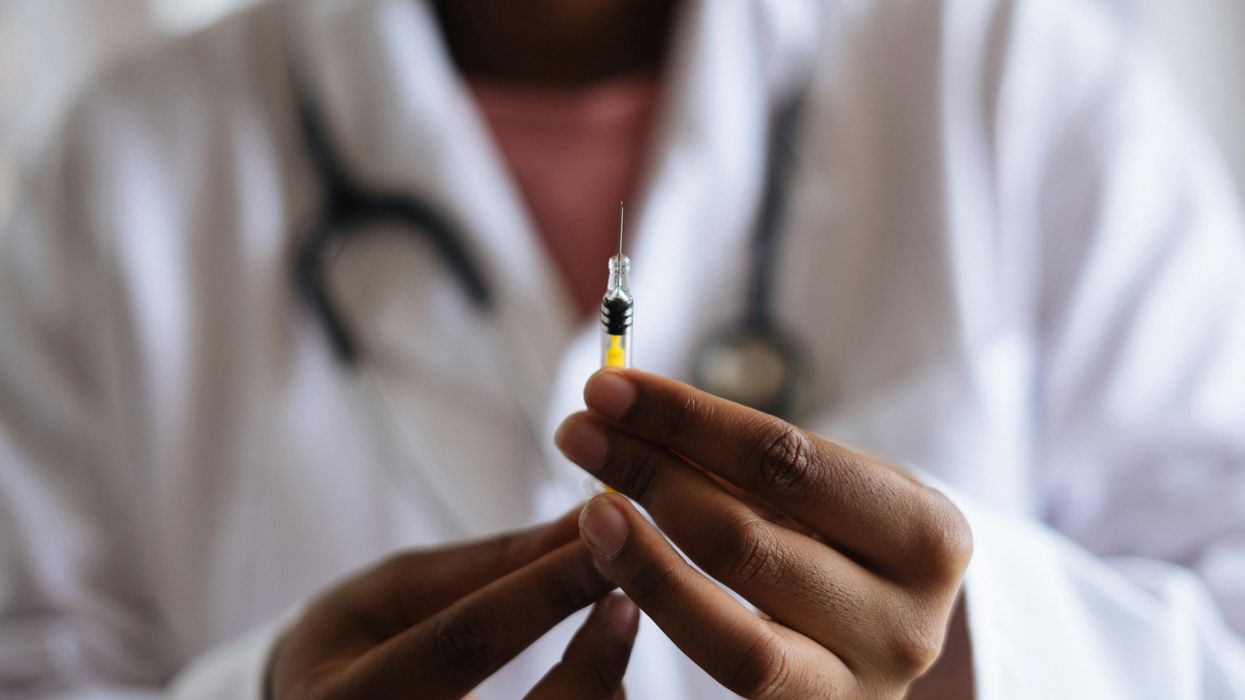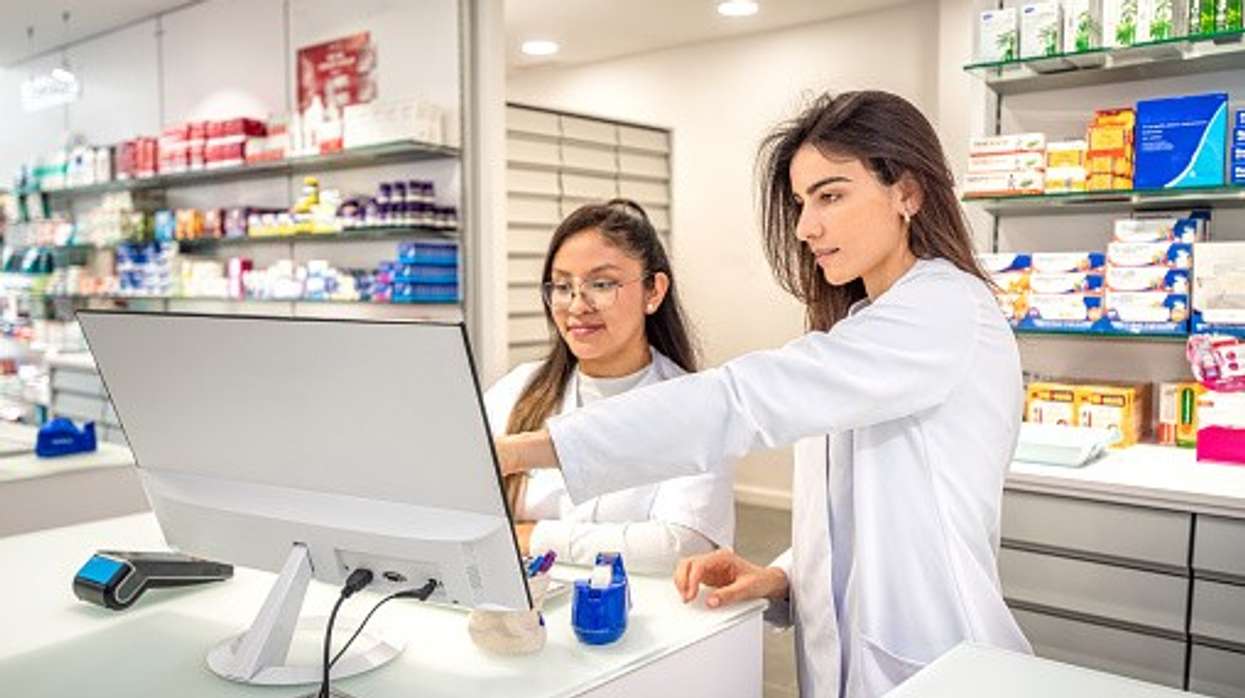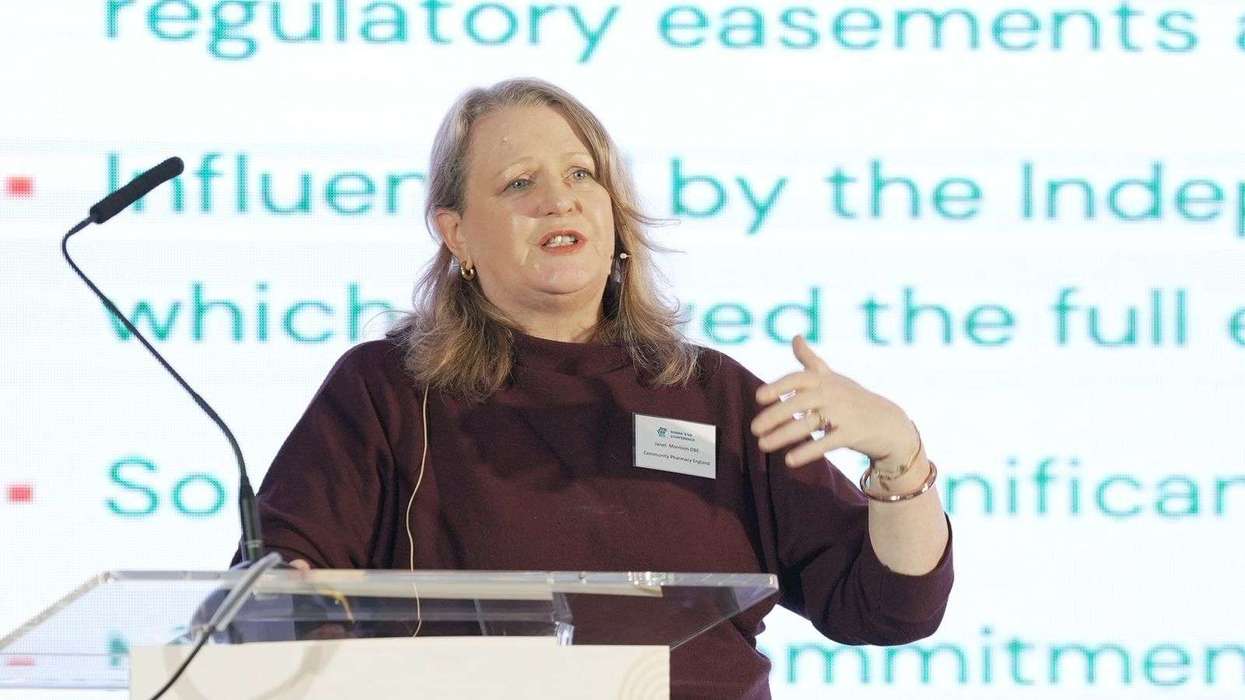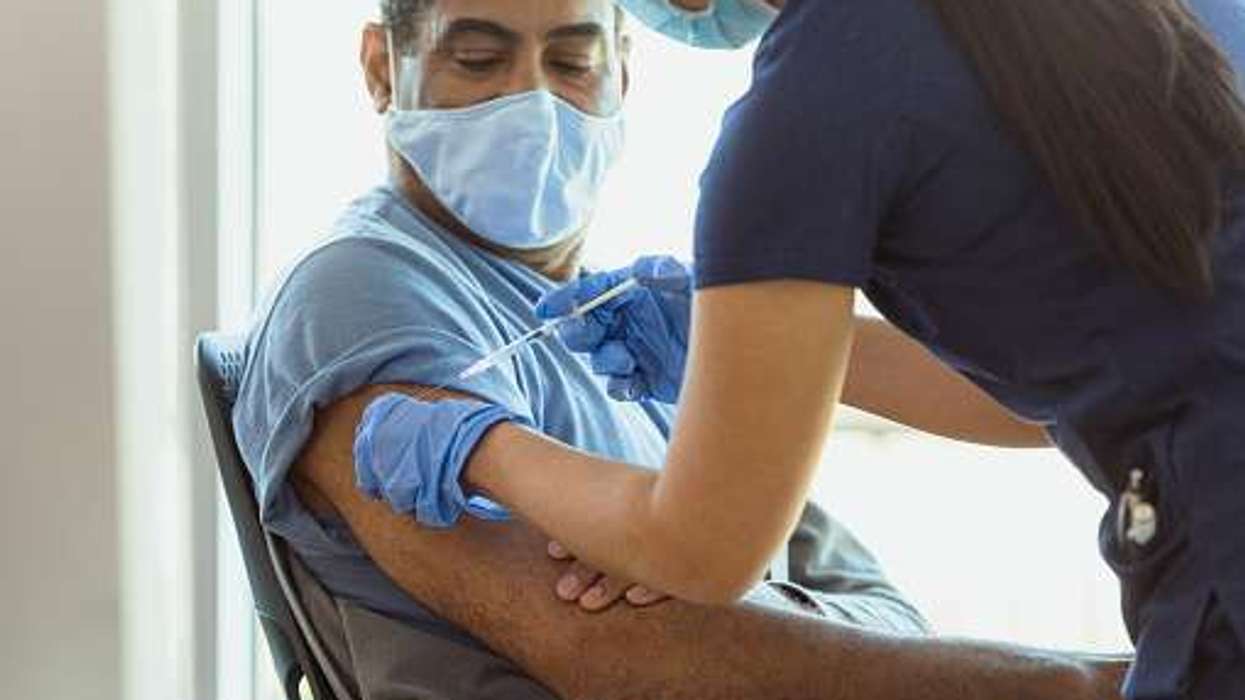In a bid to address the ongoing deficit in staff in the UK’s healthcare system, the National Health Service (NHS) has entered into a new workforce agreement with India.
According to media reports, the healthcare service plans to hire 2,000 doctors from India on a fast-track basis to alleviate this pressing issue.
It is learned that the NHS has set up training centres across many Indian cities such as Mumbai, Bangalore, Nagpur, Delhi, Gurugram, Indore, Mysore, Chennai, and Calicut to provide postgraduate training for the first batch of doctors.
Post their training period (which ranges from six to 12 months), these doctors will be deployed at hospitals across Britain. They will also be exempted from the Professional and Linguistic Assessments Board (PLAB) examination that is otherwise mandatory for practising in the country.
According to a 2021 British Medical Association (BMA) report, the NHS was facing a shortfall of 49,000 full-time equivalent (FTE) doctors and medical staff. The health service has become extremely dependent on international recruitment due to chronic staff shortages. Currently, doctors trained overseas make up 25-30 per cent of the NHS' medical workforce.
The Welsh Health and Social Care Department has also announced a substantial investment of GBP 238 million in healthcare professional training, both domestically and internationally. As part of this initiative, 250 nurses and doctors from the Indian state of Kerala are slated to be recruited to work in NHS Wales.
Welsh Health Minister Eluned Morgan emphasised the significance of international recruitment in addressing workforce shortages, alongside sustained investments in domestic healthcare staff. Highlighting Kerala's track record in healthcare professional training and its positive impact on Welsh healthcare services, Morgan expressed optimism about the invaluable contribution of these future healthcare professionals to NHS Wales.
Morgan said: “Despite record number of nurses and other healthcare professionals in NHS Wales, the demand for health care workers globally has significantly increased. International recruitment, alongside our investment and commitment to home grown healthcare staff, is one of the ways we can fill the workforce gaps and rely less on agency staff.
“Kerala has a long history of training health care professionals and supporting them to come to Wales.”
The shortage of doctors in the country is attributed to factors such as low wages, expensive training, and burnout due to heavy workload, with Brexit exacerbating the issue.












